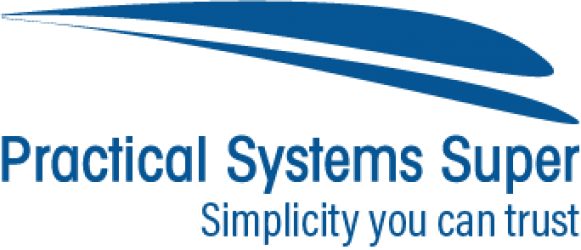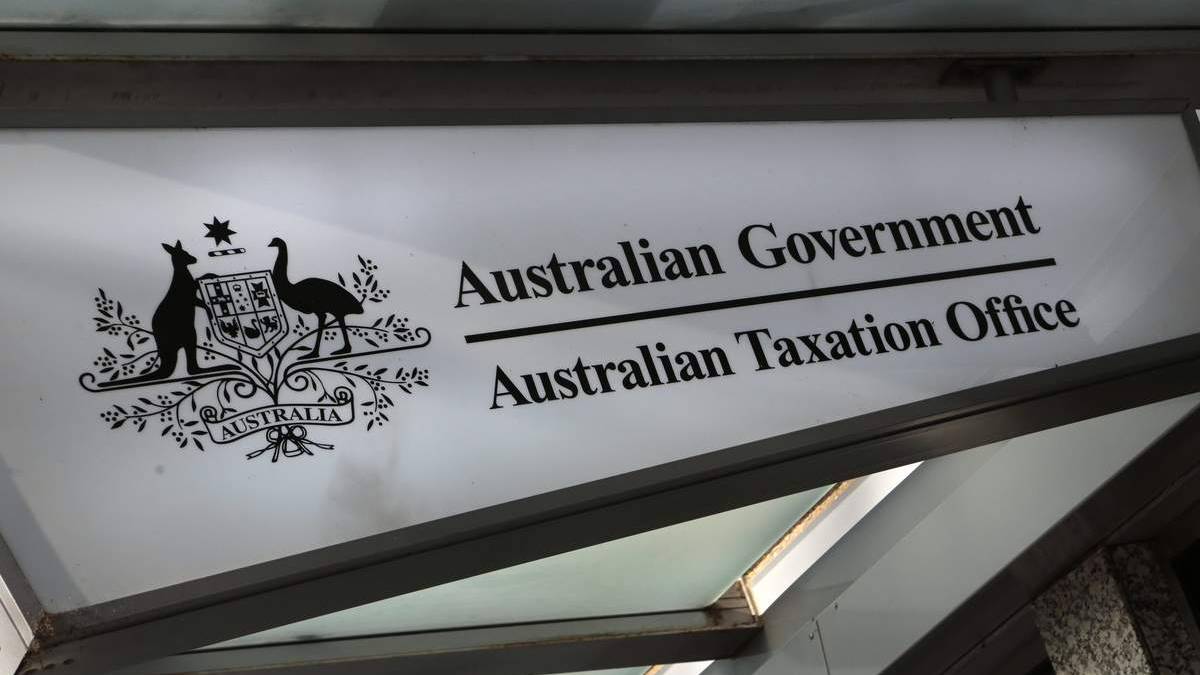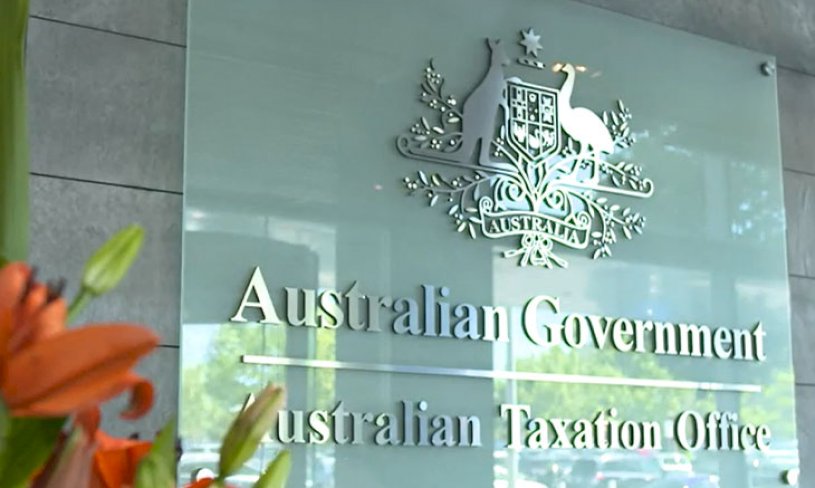The ATO has released updated guidance on what SMSFs are required to report and when those reports should be lodged, but has reminded funds that reporting new information earlier than scheduled deadlines was beneficial.
In the guidance released on its website, the regulator stated an SMSF must report events that affect a member’s transfer balance account (TBA).
Specifically, these events are when a member commences a retirement-phase income stream, the details of limited recourse borrowing arrangement payments where the payments increase the value of a member’s interest that supports a retirement-phase income stream, compliance with a commutation authority issued by the ATO and details of personal injury contributions.
The ATO highlighted the current transfer balance account report (TBAR) deadlines and the changes that will take place to them in 2023, but added: “Any SMSF can report events as they occur and are encouraged to because it helps members manage their TBA and avoid exceeding their personal transfer balance cap.”
Additionally, it stated early reporting “helps ensure our calculation of a member’s personal transfer balance cap is based on full and accurate information, in particular for events that occur in the income year prior to indexation, and avoids incorrect excess transfer balance determinations being issued”.
It also noted early reporting should take place, ideally at the time of the rollover, for the commutation of a pension that occurs when a member rolls over the pension to another fund.
“If an SMSF member rolls their super benefit into an Australian Prudential Regulation Authority (APRA)-regulated fund and starts an income stream there – and the SMSF does not report this to us in a TBAR when it happens – a double-counting of the member’s income streams will occur,” it said.
“This is because there will be a mismatch in timing of the reporting done by the APRA-regulated fund and the SMSF.
“If the member’s pension account is being rolled over because the SMSF is wound up, the TBAR should be lodged before the fund is wound up and the account reported as closed.”
Source: smsmagazine.com.au


